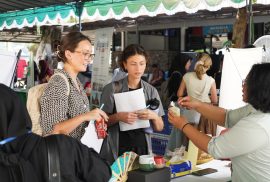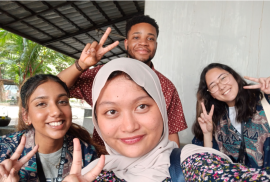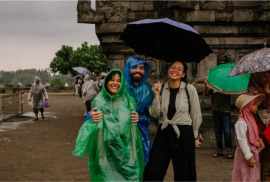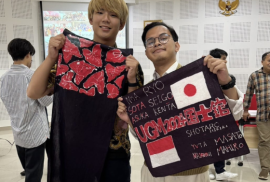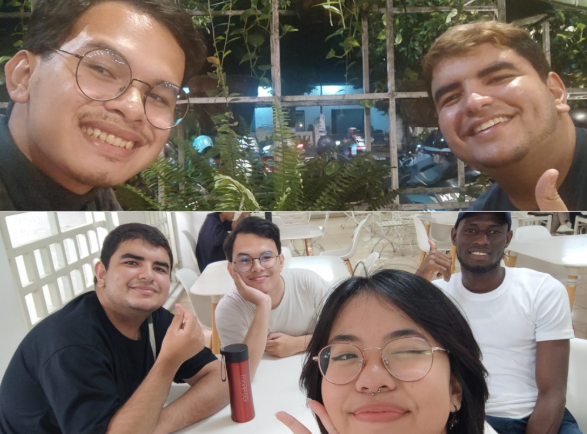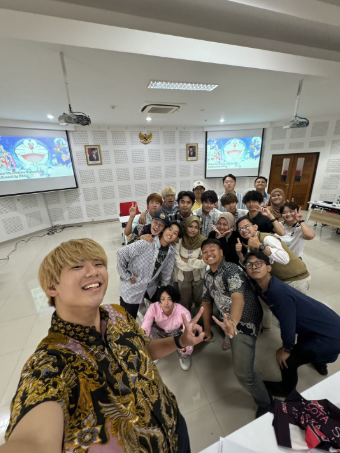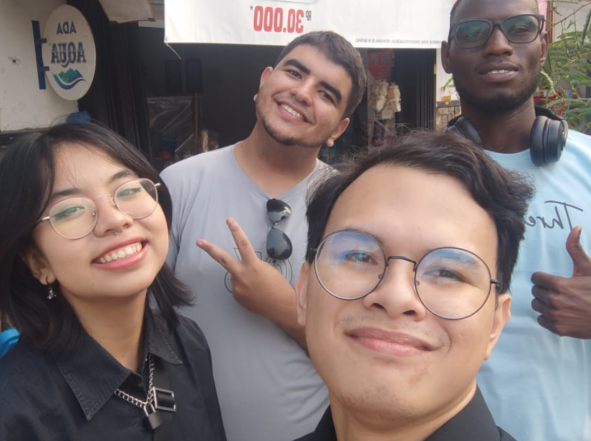Yogyakarta, 21/8/2025 – The Australian Consortium for ‘In-Country’ Indonesian Studies (ACICIS), in collaboration with the Faculty of Cultural Sciences (FIB) of Gadjah Mada University (UGM), held the 2025 NGO Fair at the Greenland Courtyard of the Margono Building, Faculty of Cultural Sciences (FIB) of Gadjah Mada University (UGM). The event ran from 1:00 PM to 5:00 PM and was open to students and the general public.
This event aimed to introduce various organizations and communities in Yogyakarta and provide opportunities for students interested in volunteering or participating in internship programs. More than 20 organizations were in attendance, including Animal Friends Jogja, Rifka Annisa Women’s Crisis Center, WALHI Yogyakarta, Trash Hero Yogyakarta, the SATUNAMA Foundation, and several other communities and empowerment institutions. Through this activity, students were expected to not only learn about social, environmental, and humanitarian issues but also take an active role in making a real impact on their communities.
ACICIS has been strengthening Indonesia-Australia relations in education and culture with various partners for over 30 years. The Faculty of Cultural Sciences, Gadjah Mada University (UGM), is one of ACICIS’ partners, facilitated by the Faculty’s Supporting Work Unit, INCULS, which focuses on teaching Indonesian Language and Literature (BIPA).
Through activities such as the NGO FAIR, ACICIS and the Faculty of Cultural Sciences, Gadjah Mada University (UGM), hope that this collaboration will continue and have a positive impact on the wider community.

